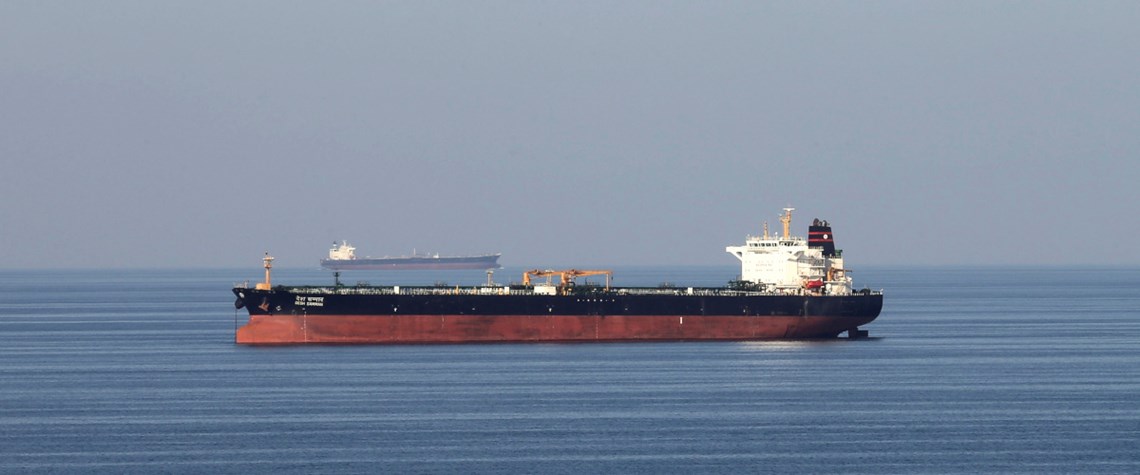Hormuz threats lose their sting
As Gulf states progress bypass projects, time runs down on Iran’s sabre-rattling
The Strait of Hormuz is the world’s key oil chokepoint, with more than 20pc of global crude demand passing through the waterway each day. Repeated threats by Iran over the past decade to close its shipping lanes have thus proven headline-grabbing. Should it risk doing so, the likely result would be a material spike in oil prices as Mid-East Gulf supply was constrained. The logical next step would be swift intervention, almost certainly of a military nature, to remove any blockage if possible. While the threat has somewhat subsided over the last few years, last month Iran’s deputy commander of political affairs, General Yadollah Javani, warned that, if there was a need to close the strait, Ir

Also in this section
26 July 2024
Oil majors play it safe amid unfavourable terms in latest oil and gas licensing bid rounds allowing Chinese low-ball moves
25 July 2024
Despite huge efforts by India’s government to accelerate crude production, India’s dependency shows no sign of easing
24 July 2024
Diesel and jet fuel supplies face a timebomb in just four years, and even gasoline may not be immune
23 July 2024
Rosneft’s Arctic megaproject is happening despite sanctions, a lack of foreign investment and OPEC+ restrictions. But it will take a long time for its colossal potential to be realised







